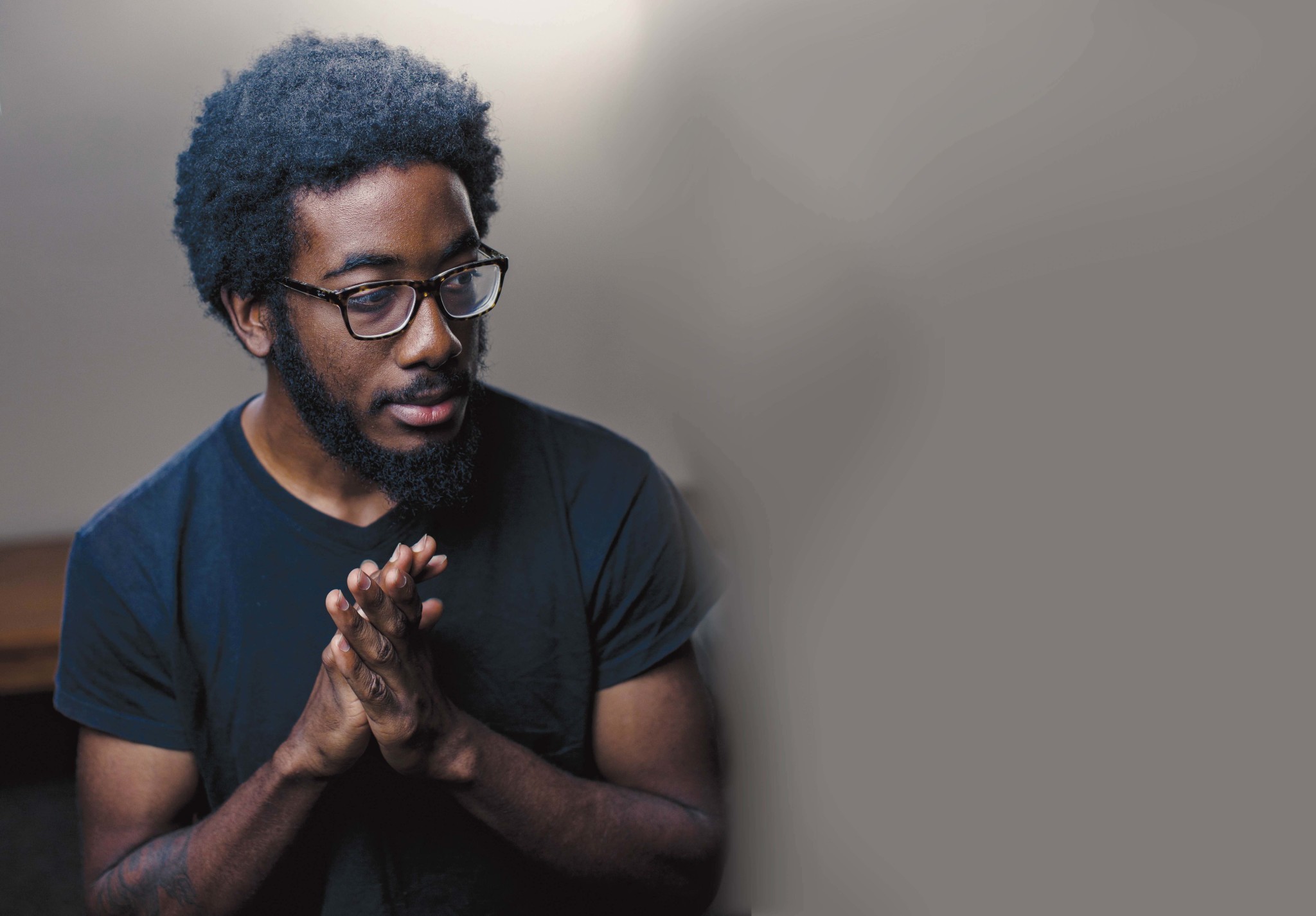Winner of the Mario Savio Award for Young Activists*
What does the phase “democratic community” mean to you?
I think a democratic community has to go beyond inclusivity; it mean consistent and intentional efforts that allow the most impacted folks to lead alongside their peers.
How do you think Berea lives out this commitment today?
I think Berea enables this commitment more than it actually lives up to the commitment. Berea does this by investing in the voices and stories that aren’t told. I consider this a community of survivors, and I feel like everyone here lives and learns with a purpose – that being to improve the situations that they left behind.
How do you see the encouragement of “plain living” day-to-day?
I think Berea is really radical in this way because we actually have a marketing team that makes sure the idea of “plain living” is present in all of the students’ minds. There are stickers above all the water fountains telling us to use the tap, because it’s sustainable. In the dining hall, we have a compost bin that’s right there; we have reusable dishes, and we make sure that napkins we use are compostable and recyclable. Berea has an entire dorm that’s based on sustainability and the importance of sustainability. In addition, we have faculty members and staff members who intentionally incorporate the idea of plain living into their curriculum and that’s really rare and something that I think we take for granted.
Did you see a lot of “plain living” and some of the other things you have mentioned about Berea in your own city or in the surrounding areas?
No, where I grew up it was so commercial and the wage gap was incredibly wide, so there were folks who could afford to have these really nice, safe spaces where they could afford not to worry about air quality. Then you had the folks who couldn’t afford those spaces, who were forced to live in the smog and forced to eat food that was not good for them. I think when we are talking about “plain living,” we are talking about reducing the things that we need. But, when you live in an environment that asks so much of you, that demands you go beyond your needs to get a paycheck … you won’t find “plain living” there, and so I didn’t.
When I first came to Berea, I didn’t understand “plain living” because where I grew up, plain living wasn’t even a concept. I didn’t consider sustainability or my impact on the environment. And then I got here, and at first it seemed like folks were just trying to make me feel guilty about the way that I grew up, that they weren’t really trying to understand my history and the background or the reasons why I had to make those choices. But the more I engaged with folks who had been in sustainability for years, the more I understood that it was a process of liberation. After that, I could appreciate Berea a whole lot more.
Berea’s Great Commitments are all interrelated. Describe how you see the Commitment to encourage “plain living” as connected to the commitment to live in a “democratic community.”
Thinking about growing up in Moreno Valley in California and the huge wage gap I saw, I don’t think you can have a “democratic community” when there is a huge wage gap like that. “Plain living” builds a foundation, a level playing field that folks all start from and have access to. And I think that you won’t find a “democratic community” in a place that doesn’t practice, or at least emphasize, “plain living.”
* A national award presented each year to a young person(or persons) with a deep commitment to human rights and social justice and a proven ability to transform this commitment into effective action.

